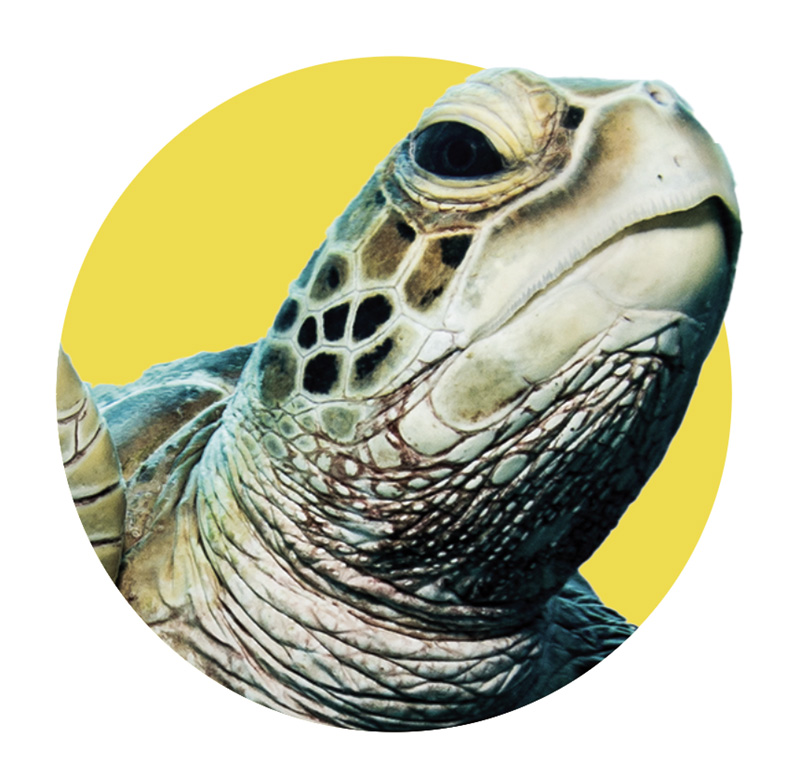The world’s oceans are home to large, complex ecosystems, filled with a rich diversity of marine life. Organizations such as the Marine Education Research and Rehabilitation (MERR) Insitute help to monitor and study its health. Still, it’s a monumental task that requires assistance from environmentally conscious individuals willing to do more than just frequent the beach.
Getting involved in citizen science projects can help experts better understand and protect our oceans and their inhabitants.
Citizen science seeks to put in the hands of ordinary people the power to contribute to scientific research and conservation efforts. Here are some apps and platforms that focus on the ocean and allow anyone with a smartphone to become a marine biologist/conservationist for a short while:
eBird:
As coastal Delaware is part of the Atlantic Flyway, and with Delaware Bay recognized as one of America’s Top 100 “Important Birding Areas” by the American Bird Conservancy, bird migrations in the area play an important role in the area’s overall ecosystem. Managed by the Cornell Lab of Ornithology, eBird is among the world’s largest biodiversity-related science projects, with more than 100 million bird sightings contributed annually by eBirders around the world. Available on iOS and Android.
OCEARCH:
A global non-profit that conducts research on sharks and other critically in-need species in an effort to restore balance in our global seas. Users can follow one of the 437 tagged animals in the program and potentially provide valuable information on their status and well-being. Available on iOS and Android.
HappyWhale:
Technically not an app, but rather browser based, HappyWhale is still a critical method of measuring the health of our local marine mammal populations. Used by the MERR team, HappyWhale allows users to contribute to whale and dolphin research by submitting photos of whale flukes and dorsal fins. Photos are used to identify individual cetaceans, track their movements, and monitor population trends. Users can also learn about the various species and the importance of conservation.
Sea Turtle Conservancy’s TURT:
Users can track sea turtles in real-time and learn about their migration patterns in an effort to raise awareness about sea turtle conservation. The app is available in both iOS and Android.
Marine Debris Tracker:
Users can report and track marine debris whether they are on land or at sea and provide data for scientific research, helping in the fight against marine pollution. Available on iOS and Android.
Ocean Conservancy’s Clean Swell:
Users can log and track trash collected during beach cleanups. The data collected contributes to a global database that keeps track of ocean cleanup efforts and common refuse items found. Available on iOS and Android
The Ocean Cleanup:
This app tracks the progress of The Ocean Cleanup’s efforts to remove plastic from the ocean. There are different apps for river and ocean collections. For the ocean, apps are available in both iOS
and Android.
Citizen science apps offer fun, engaging opportunities for everyone to contribute to marine conservation efforts. Getting involved in citizen science projects can help experts better understand and protect our oceans and their inhabitants.

If you encounter a stranded marine mammal or sea turtle, contact MERR Institute at (302) 864.0304 or email merrinstitute@gmail.com. MERR is a 501(c)(3) organization dedicated to the conservation of marine mammals and sea turtles and their habitat. MERR provides rescue and response for stranded marine animals that occur throughout the State of Delaware.
Rob Rector has served as naturalist and board member for 20 years, is a certified Protected Species Observer, and leads weekly dolphin observation tours that use citizen science to gather information on our local Bottlenose Dolphin populations.















